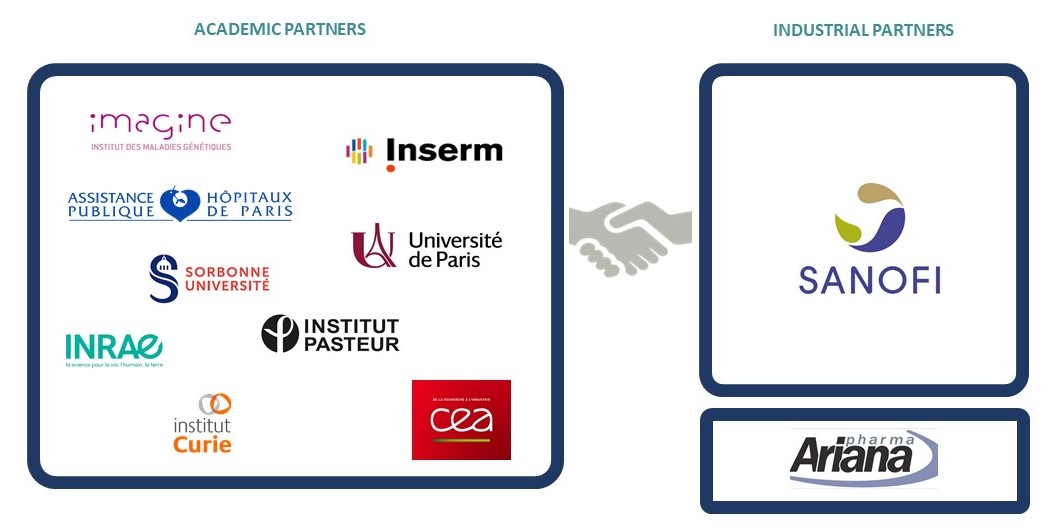
Coordinator
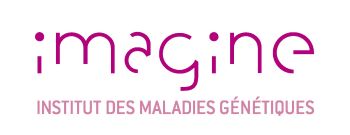
Imagine is the first European center for research, care and teaching on genetic diseases. With the mission of understanding and curing them, the Institute brings together 1000 of the best doctors, researchers and healthcare personnel in an architecture that creates synergies. It is this unprecedented continuum of expertise, combined with proximity to patients, that allows Imagine to make discoveries for the patients. The approximately 9,000 genetic diseases that have been identified affect 35 million patients in Europe, and nearly 3 million in France, where 30,000 new cases are diagnosed each year. Nearly 60% of the children received in consultation leave without a genetic diagnosis and 90% of genetic diseases have no cure. Faced with this major public health issue, the challenge is twofold: to diagnose and cure.
Teams
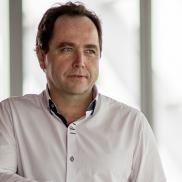
Frédéric Rieux-Laucat
Scientific and Technical Coordinator of ATRACTion and Principal InvestigatorImmunogenetics of pediatric autoimmune diseases
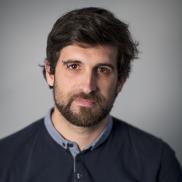
Mickaël Ménager
WP leader, Principal Investigator and Head of LabTech Single-Cell@Imagine platformInflammatory responses and transcriptomic networks in diseases
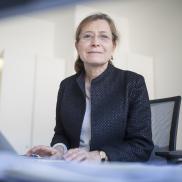
Nadine Cerf-Bensussan
WP co-leader and Principal InvestigatorIntestinal immunity
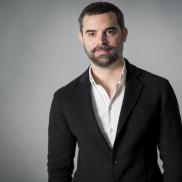
Nicolas Garcelon
WP leader and Head of Data Science platformPlateforme Data science
Sanofi

Michel Didier
Translational Science Department

The leading hospital and university centre (CHU) in Europe, Greater Paris University Hospitals and its 39 hospitals are organised into six hospital-university groups (AP-HP. Centre - Université de Paris ; AP-HP. Sorbonne Université ; AP-HP. Nord - Université de Paris ; AP-HP. Université Paris Saclay ; AP-HP. Hôpitaux Universitaires Henri Mondor et AP-HP. Hôpitaux Universitaires Paris Seine-Saint-Denis) and are centred around five universities in the Île-de-France region. Closely linked to large research bodies, Greater Paris University Hospitals include three international hospital-university institutes (Institut du Cerveau, ICAN, IMAGINE) and the largest French health data repository (EDS). As a major stakeholder in applied research and health innovation, Greater Paris University Hospitals hold a portfolio of 650 active patents, and each year its clinicians sign off nearly 9,000 scientific publications and over 4,000 research projects are under development, all promoters combined. In 2020, Greater Paris University Hospitals were awarded the Institut Carnot label, which is recognition of the quality of partner research: Carnot@AP-HP offers industrial stakeholders applied and clinical research solutions in the health sector. In 2015, Greater Paris University Hospitals also founded the Greater Paris University Hospitals Research Foundation to support the biomedical and health research performed in all its hospitals.
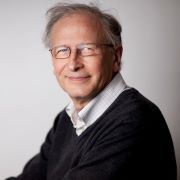
Alain Fischer
WP leader and Professor at Collège de FranceNecker-Enfants Malades
INRAE MetaGenopolis


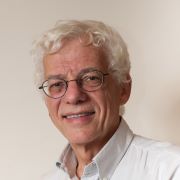
Stanislas Dusko Erlich
Co-WP leader and Scientific Director MetaquantMetaGenoPolis-INRAE
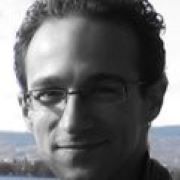
Mathieu Almeida
Associated Researcher MetaGenoPolisMetaGenoPolis-INRAE
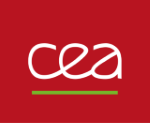
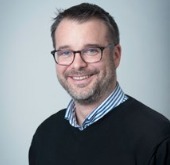
Christophe Junot
Head of unitPharmacology and Immunoanalysis unit
Partenaire
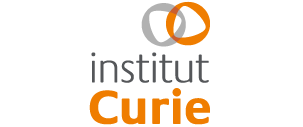
Team
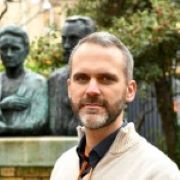
Joshua Waterfall
Principal InvestigatorIntegrative Functional Genomics of Cancer

Created in 2019 through the fusion of the historic Universities Paris Diderot, Paris Descartes and the Institut de physique du globe de Paris, Université de Paris (UP) is also a founding member of the European University Alliance Circle U. A research-intensive university, UP has seen its high-standard research and innovation environment acknowledged in 2020 with both the award of the French National seal of excellence (IdEx) and an entry to the 65th place of the top 100 universities in the ARWU ranking (4th place for French !universities). The University relies on a strong tradition of Research in the area of Health and Medicine, making it to the top 50 worldwide universities in 4 of 6 topics in medical sciences (ARWU). At the heart of its research strategy, the University aims to foster novel diagnostic and therapeutic approaches through the activities of its laboratories, working in close-knit with Assistance Publique Hôpitaux de Paris (APHP), embedded in the clinical activities of the GH Paris Centre Université de Paris et GH Paris Nord-Université de Paris structures. UP research teams join forces with Inserm and, to a lesser degree, with the CNRS, in the context of many large research centers.
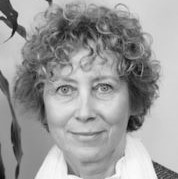
Anita Burgun
Principal InvestigatorInformation Sciences to support Personalized Medicine

 Français
Français
 English
English